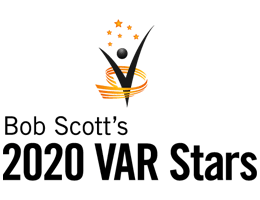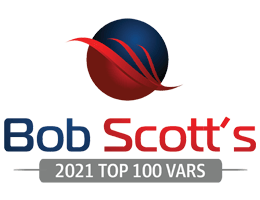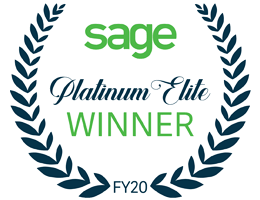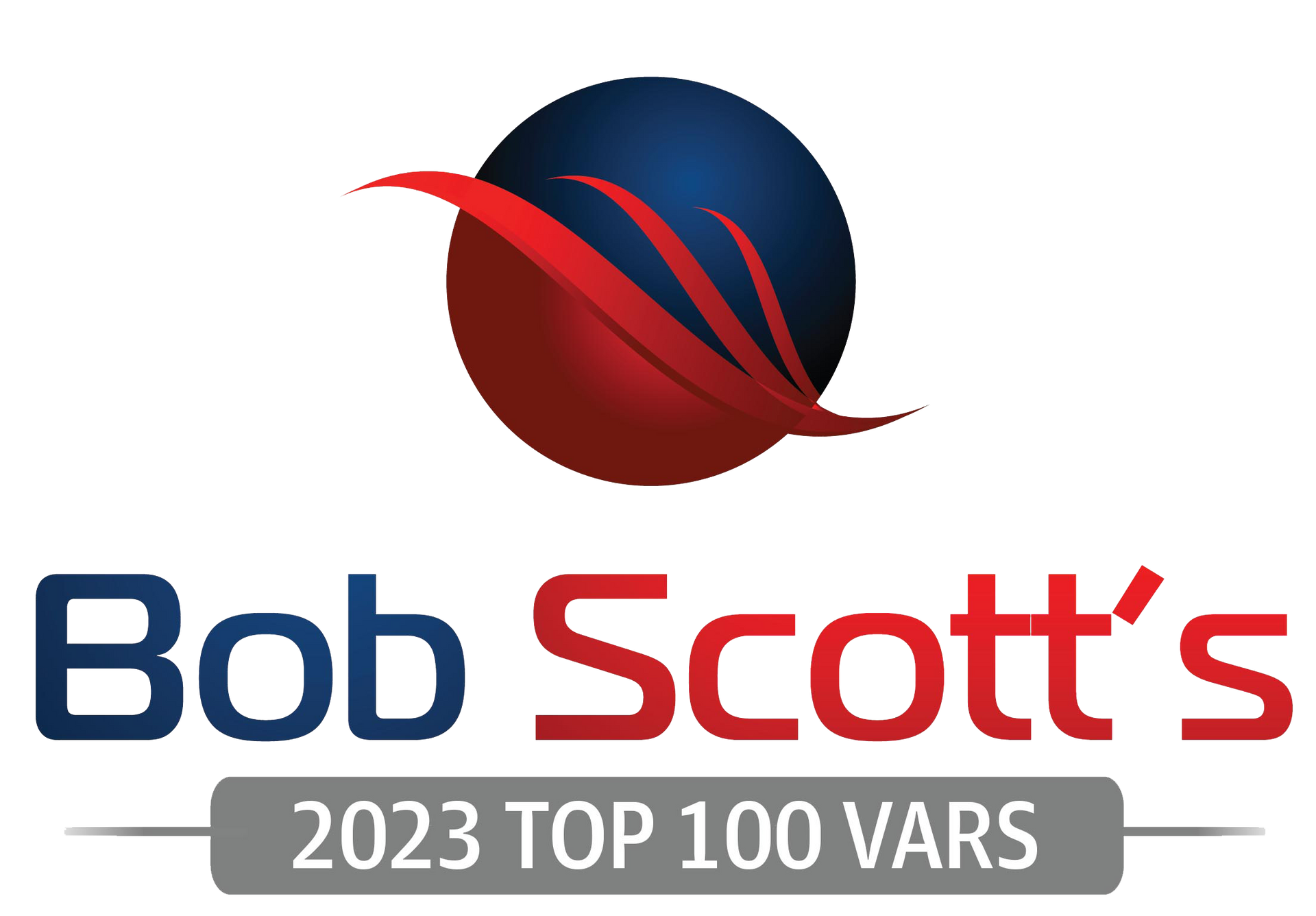Key Features to Look for in an ERP System for Food Manufacturers

ERP for Food and Beverage Industry
In today's fast-paced and competitive food industry, it's essential for food manufacturers to have an efficient and effective ERP system in place. An ERP (Enterprise Resource Planning) system is a software solution that integrates all aspects of a business, from production planning to order fulfillment, into one centralized system.
For food manufacturers, an ERP system can help streamline processes, improve data accuracy, and increase overall efficiency. But with so many options available, what are the key features to look for in an ERP system for food manufacturers? In this article, we'll explore the top features that should be considered when choosing an ERP system for your food manufacturing business.
Demand for ERP solutions in the food industry is driven by the need for specialized software that addresses the sector's complex and specific requirements. Businesses in food manufacturing and the broader food and beverage industry require ERP systems that are not only robust and scalable but also customizable to fit the diverse needs of different types of food businesses.
From tracking ingredients and managing recipes to ensuring compliance with food safety regulations and optimizing the supply chain, the right ERP solution can transform operations. It enables companies to gain better control over their processes, increase transparency across the business, and ultimately achieve greater profitability and sustainability. As such, investing in a tailored ERP system is not just about upgrading technology; it's about empowering food businesses to meet the evolving demands of the market and consumers with greater agility and confidence.
Recipe Management
Recipe management is a crucial feature for food manufacturers as it allows for the creation and management of recipes and formulas. This feature should include the ability to track ingredients, quantities, and costs, as well as the ability to make adjustments and substitutions. With recipe management, food manufacturers can ensure consistency in their products and easily make changes to recipes as needed.
Data Analytics
Data analytics is a powerful tool for food manufacturers as it allows for the analysis of data from various sources, such as sales, production, and inventory. With data analytics, manufacturers can gain valuable insights into their business operations, identify areas for improvement, and make data-driven decisions. Look for an ERP system that offers customizable dashboards and reports to easily track and analyze key metrics.
Vendor Management
Vendor management is an essential feature for food manufacturers as it allows for the management of relationships with suppliers and vendors. This feature should include the ability to track vendor performance, manage contracts and pricing, and monitor inventory levels. With vendor management, manufacturers can ensure they have a reliable supply chain and maintain good relationships with their suppliers.
Resource Allocation
Resource allocation is a critical feature for food manufacturers as it allows for the efficient use of resources, such as labor, equipment, and raw materials. This feature should include the ability to schedule and assign tasks, track resource usage, and monitor production costs. With resource allocation, manufacturers can optimize their production processes and reduce waste, leading to cost savings and increased efficiency.
Cost Control
Cost control is a key feature for food manufacturers as it allows for the monitoring and management of production costs. This feature should include the ability to track costs at each stage of production, analyze cost variances, and set cost targets. With cost control, manufacturers can identify areas where costs can be reduced and make adjustments to improve profitability.
Process Optimization
Process optimization is a crucial feature for food manufacturers as it allows for the streamlining and improvement of production processes. This feature should include the ability to map out processes, identify bottlenecks, and make adjustments to improve efficiency. With process optimization, manufacturers can reduce lead times, increase throughput, and improve overall productivity.
Order Fulfillment
Order fulfillment is a critical feature for food manufacturers as it allows for the management of customer orders and the fulfillment process. This feature should include the ability to track orders, manage inventory levels, and generate shipping labels and invoices. With order fulfillment, manufacturers can ensure timely and accurate delivery of products to their customers.
Production Planning
Production planning is an essential feature for food manufacturers as it allows for the creation and management of production schedules. This feature should include the ability to plan for multiple production lines, track production progress, and make adjustments as needed. With production planning, manufacturers can ensure that production is aligned with demand and avoid overproduction or stock shortages.
Scalability
Scalability is a crucial feature to consider when choosing an ERP system for food manufacturers. As your business grows, your ERP system should be able to accommodate the increased demand and complexity. Look for a system that can handle a large number of users, transactions, and data without compromising performance.
User-Friendly Interface
A user-friendly interface is essential for any ERP system, but it's especially important for food manufacturers who may have employees with varying levels of technical expertise. Look for a system with a clean and intuitive interface that is easy to navigate and requires minimal training.
Integration with Other Systems
An ERP system should not operate in isolation. Look for a system that can integrate with other systems, such as accounting software, CRM, and e-commerce platforms. This will allow for seamless data transfer and eliminate the need for manual data entry, saving time and reducing the risk of errors.
Manufacturing Solutions
As the world of manufacturing continues to evolve and advance, companies are constantly seeking new and innovative manufacturing solutions to stay competitive in the market. With globalization and increased customer demands, manufacturers are under more pressure than ever to produce high-quality products efficiently and cost-effectively. This has led to a growing need for sophisticated technological solutions that can automate processes and improve overall productivity.
From robotics and artificial intelligence to 3D printing and data analytics, there is a vast array of manufacturing solutions available today that can revolutionize traditional manufacturing practices. These solutions not only help manufacturers streamline their operations and reduce wastage but also enable them to create customized products, cater to individual customer preferences, and deliver orders in a timely manner.
With the integration of these advanced manufacturing solutions, companies can optimize their resources, reduce production time, and ultimately enhance their competitiveness in the global market. Thus, it is imperative for manufacturers to constantly explore and implement new manufacturing solutions to stay ahead in this rapidly changing landscape.
Conclusion
When selecting an ERP for food manufacturing, it's crucial to find a solution that's tailored to address the unique challenges of the industry. This type of ERP system must offer comprehensive tools for recipe management, compliance with food safety standards, and efficient recall management processes. The ability to closely monitor and control every stage of production from raw materials to finished products ensures that food manufacturers can maintain the highest levels of quality and safety, which are paramount in this sector.
For those in the broader scope of the industry, including both production and distribution, ERP for food and beverage industry solutions are indispensable. These systems are designed to handle the complexities of supply chain management, inventory tracking, and expiration date monitoring, all of which are critical for minimizing waste and maximizing efficiency. By integrating such a system, businesses can achieve a seamless flow of operations, from procurement to production, all the way to delivery.
Food and beverage ERP systems stand out by offering specialized functionalities that cater to the dynamic needs of businesses within this sector. Key features such as demand planning and forecasting, detailed sales analytics, and customer relationship management are essential. These features help businesses to not only streamline their operations but also to anticipate market trends, manage customer expectations, and build stronger relationships with suppliers and clients alike.
Lastly, ERP for food industry solutions must be robust yet flexible, allowing businesses to adapt to the ever-changing regulatory environment and consumer preferences. The ability to track and trace each ingredient's journey from source to shelf is not just a regulatory requirement but also a critical component of building consumer trust. An ERP system that can manage these aspects, along with providing insights into operational efficiencies, can be a game-changer for businesses looking to thrive in the competitive food industry landscape.
Finding the right ERP for food and beverage manufacturing requires a deep understanding of the industry's needs. The system must support critical operations such as compliance management, supply chain visibility, and quality control, ensuring that businesses can meet the high expectations of both regulators and consumers. With the right ERP system, food manufacturers and distributors can achieve greater efficiency, compliance, and customer satisfaction, which are key to sustaining growth in this sector.
In conclusion, an ERP system is a crucial tool for food manufacturers looking to streamline processes, improve efficiency, and make data-driven decisions. When choosing an ERP system, it's essential to consider features such as recipe management, data analytics, vendor management, resource allocation, cost control, process optimization, order fulfillment, production planning, scalability, user-friendly interface, and integration with other systems. By selecting an ERP system with these key features, food manufacturers can stay competitive in the fast-paced and ever-changing food industry.
More from the blog








